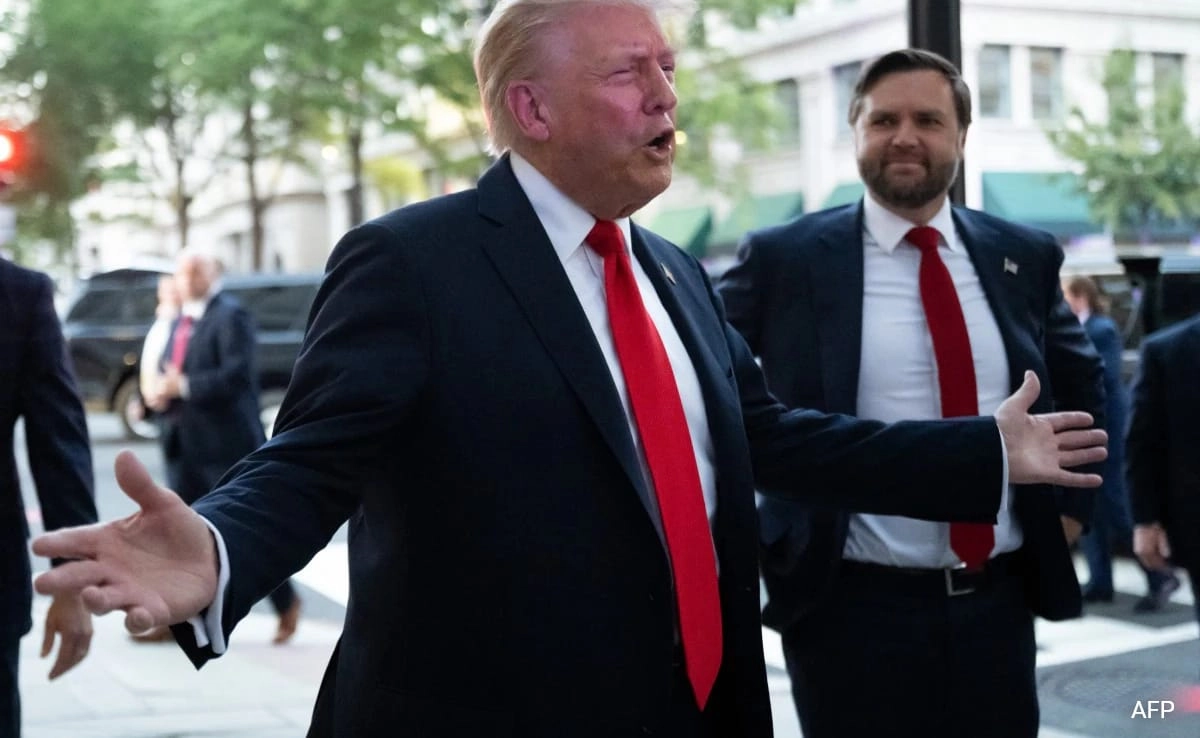In recent developments regarding the H-1B visa program, the U.S. government has made significant statements concerning the proposed increase in fees for visa applications, particularly for the H-1B, which is a crucial pathway for skilled foreign workers in the technology and other sectors. The proposed fee hike of $100,000 has sparked widespread concern among employers and potential visa applicants alike. This substantial increase is seen as a barrier to attracting global talent, which many industries in the U.S. heavily rely on to maintain their competitive edge. The government has acknowledged the financial pressure this could impose on companies, especially small and medium-sized enterprises that may struggle to absorb such costs.
Furthermore, the administration has addressed the complexities surrounding the renewal process for H-1B visas, emphasizing the need for a streamlined approach to ensure that skilled workers can continue to contribute to the U.S. economy without unnecessary disruptions. As many H-1B holders face uncertainty with their visa status, the government has been urged to clarify the renewal procedures and provide guidance on how to navigate the process effectively. This is particularly important in the context of a rapidly evolving job market and the ongoing demand for skilled labor in various sectors, including technology, healthcare, and engineering.
In the midst of these changes, the situation for foreign workers leaving the country has also been a topic of discussion. The chaotic environment surrounding immigration policies has left many individuals uncertain about their future in the U.S. As visa holders weigh their options, the potential for abrupt changes in immigration laws can lead to anxiety and confusion. The government recognizes the importance of providing clear communication and support to individuals navigating this complex landscape, especially those considering leaving the country or seeking to re-enter.
Overall, the U.S. government’s recent statements reflect a balancing act between protecting domestic labor interests and fostering an environment conducive to attracting international talent. The proposed fee increase, coupled with the challenges of renewals and the uncertainties faced by visa holders, underscores the need for thoughtful immigration reform that addresses the concerns of all stakeholders involved. As the situation evolves, it will be crucial for policymakers to engage with industry leaders and advocacy groups to ensure that the H-1B visa program continues to serve its intended purpose of driving innovation and growth in the American economy.




